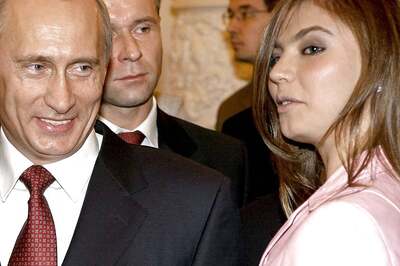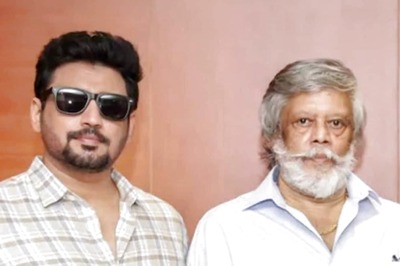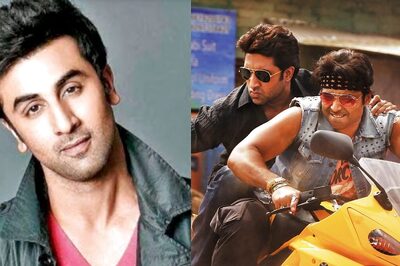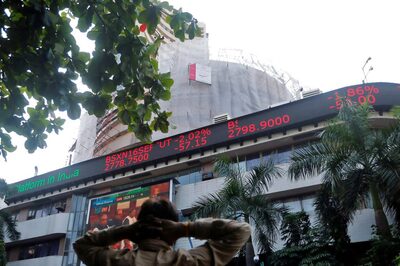
views
New Delhi: Yashwant Sinha has said that Prime Minister Narendra Modi had no time to meet him, and hence he had no option but to air his views in a newspaper. "The Prime Minister had no time for me. I had no forum left, so I had to go to a newspaper to air my views," the former Finance Minister said in an exclusive interview to CNN-News18.
Sinha has also maintained that demonetisation was an "unmitigated disaster" and that a badly implemented Goods and Services Tax was like "giving a half dead patient a deathly dose".
A day after writing a hard hitting OpEd piece in The Indian Express newspaper called "I need to speak up now" which apportions blame to Arun Jaitley for the state of the economy, Sinha's comments are aimed at defending his decision.
"Should I give up my national duties just to save the career of my son?" asked Sinha, whose son Jayant is the Minister of State for Aviation. Jayant Sinha today wrote a blog in The Times of India defending the government's economic record. He said that some "sweeping conclusions" were drawn from a "narrow set of facts", missing the "structural reforms" transforming the economy.
Earlier in the day Yashwant Sinha told News18 India that the government had failed to address the problem of non-performing assets (NPAs) or do a detailed analysis of the fallout of Demonetisation.
The former bureaucrat said that the first serious task of the government should have been to solve the NPAs issue, which plagues the banking sector and is holding back the economy. Sinha said that 40 months have elapsed since the government took over and the bad loans crisis looks nowhere near resolution.
Sinha also said that the government failed to do a detailed analysis of the effects that Demonetisation would have on the economy. He also added that the effects of Demonetisation hadn't subsided when the economy bore the brunt of another shock in the form of the Goods and Services Tax.
He said that while the goal of a cashless economy was a good idea, the move to suddenly impose it via the note ban was flawed. "Even developed countries use cash up to the extent of 40% of the economy. India is a developing country where the agricultural sector, a cash intensive sector, employs a lot of people. If you suddenly force cashlessness it is going to create havoc," he said.



















Comments
0 comment